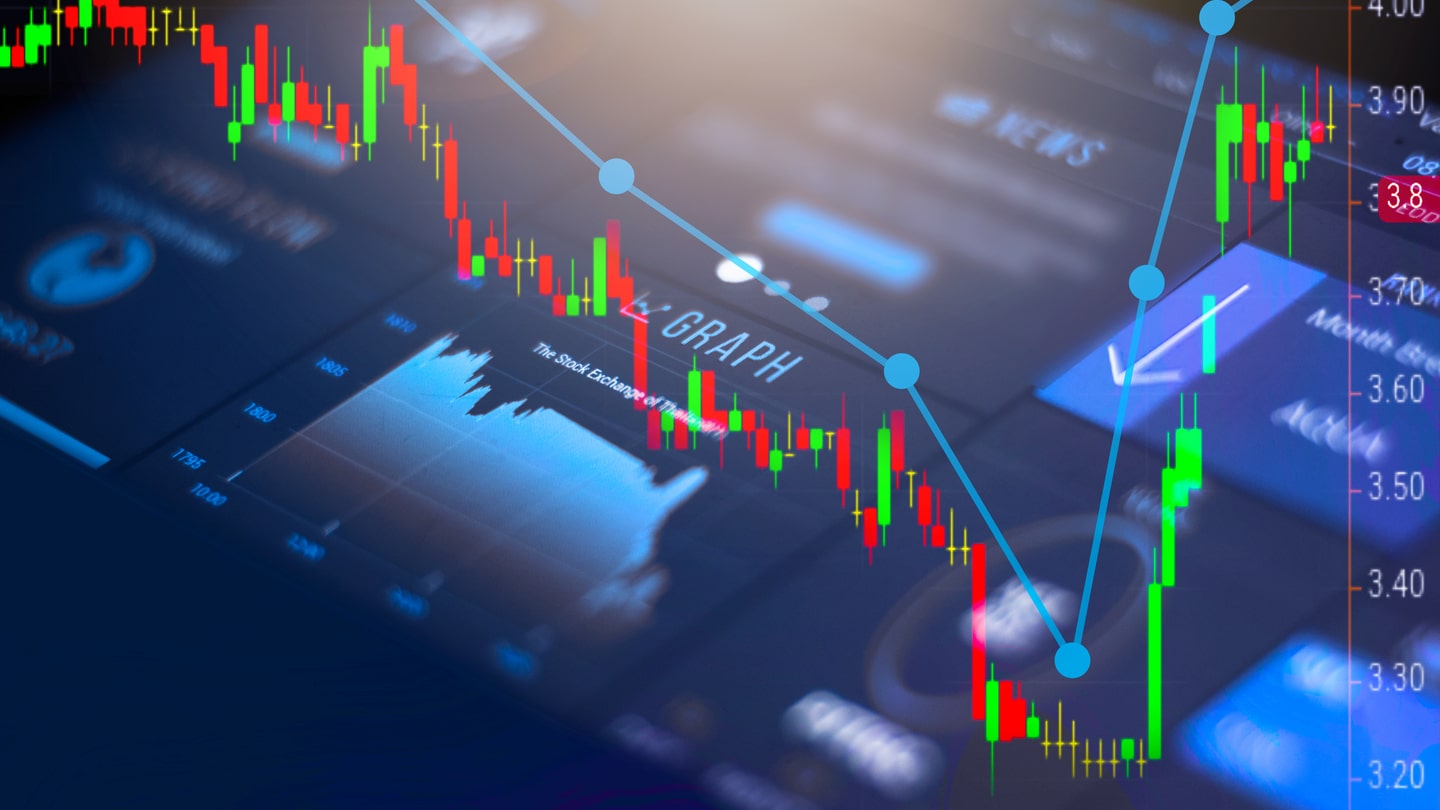Contracts for Difference (CFDs) are financial derivatives that allow traders to speculate on the price movements of various underlying assets without actually owning them. These assets can include stocks, indices, commodities, currencies, and cryptocurrencies. what is cfds and CFD trading has become increasingly popular due to its flexibility, accessibility, and potential for profit.
One of the key features of CFDs is their use of leverage. Leverage allows traders to control a larger position with a smaller amount of capital, amplifying both potential profits and losses. However, it’s important to note that while leverage can magnify gains, it also increases the risk of significant losses. Therefore, it’s essential for traders to have a clear understanding of leverage and to use it responsibly.
CFD trading offers flexibility in terms of leverage, allowing traders to choose the level of leverage that suits their risk tolerance and trading strategy. This flexibility enables traders to customize their positions and manage their risk more effectively. Additionally, CFDs offer the ability to go long (buy) or short (sell) on an asset, providing opportunities to profit from both rising and falling markets.
Another advantage of CFD trading is the ability to access a wide range of markets from a single trading platform. This allows traders to diversify their portfolios and take advantage of opportunities in different asset classes without the need for multiple accounts or platforms.
CFD trading also offers the potential for profit in volatile markets. Since CFDs are derivatives that track the price movements of underlying assets, traders can profit from market fluctuations without having to physically own the assets. This makes CFDs an attractive option for traders looking to capitalize on short-term price movements.
However, it’s important for traders to be aware of the risks associated with CFD trading. In addition to the risk of leverage, CFDs are subject to market volatility, liquidity risk, and counterparty risk. Traders should carefully consider their risk tolerance and investment objectives before engaging in CFD trading.
In summary, CFDs are versatile financial instruments that offer traders the opportunity to speculate on the price movements of various assets with flexible leverage. While CFD trading can be profitable, it also carries inherent risks, and it’s important for traders to educate themselves and exercise caution. By understanding the mechanics of CFDs and implementing risk management strategies, traders can potentially benefit from this popular trading vehicle.
